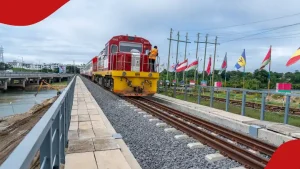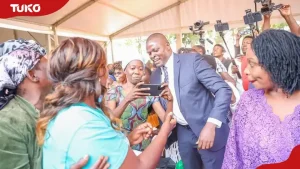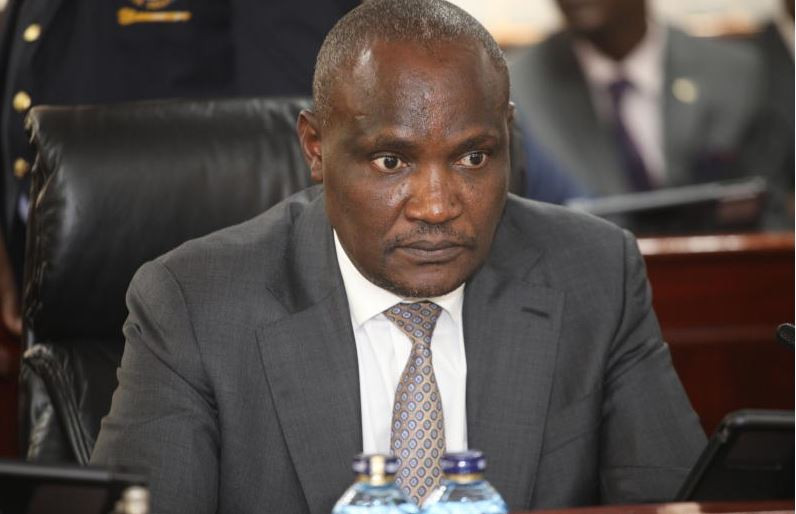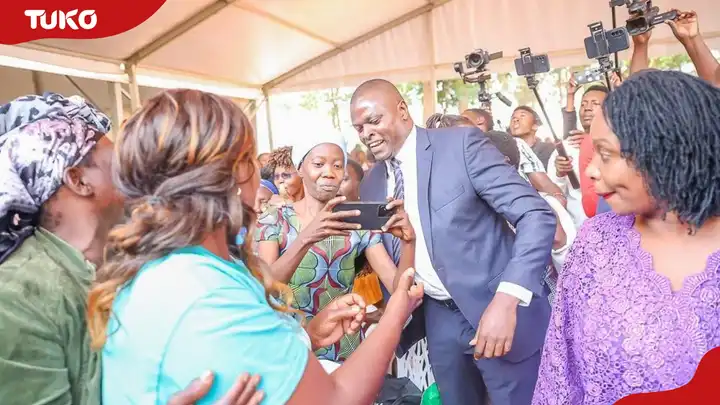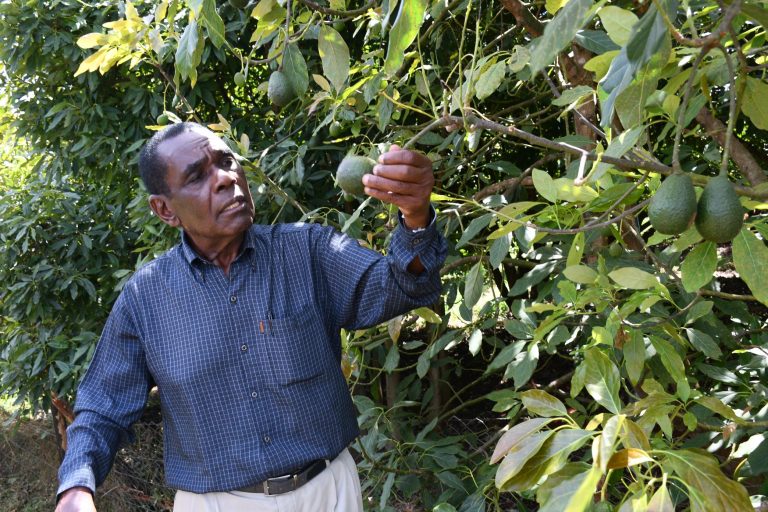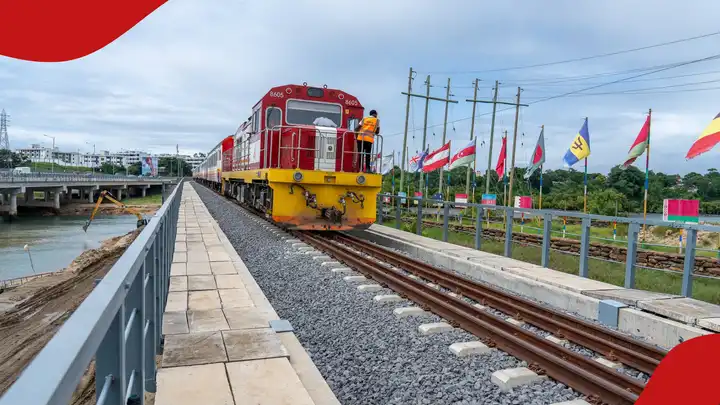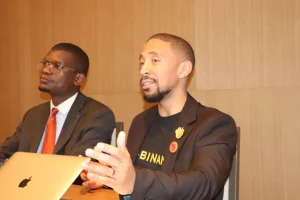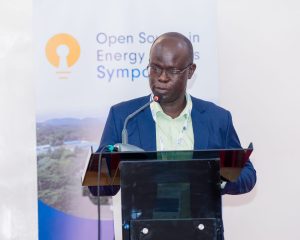The free education programme on Thursday took a major hit in the national budget, with a Sh5.9 billion cut, and a new plan to reintroduce examination fees for parents starting next year.
The Treasury on Thursday slashed Sh5.9 billion that had been allocated for free education programmes in the coming year.
The funds have instead been redirected to cover the cost of this year’s national examinations, raising fears of the collapse of the programme launched under former President the late Mwai Kibaki.
Treasury Cabinet Secretary John Mbadi announced that funding for free primary education has been reduced to Sh7 billion, down from Sh9.1 billion last year.
This marks a Sh2.1 billion cut in allocations to primary schools.
Junior secondary schools (JSS) have also been affected, with their budget trimmed by Sh1.8 billion — down to Sh28.9 billion from Sh30.7 billion allocated last year.
Secondary schools suffered the steepest cut, losing Sh10 billion in capitation funds. They are now set to receive Sh51.9 billion, down from Sh61.9 billion in the previous financial year.
In total, funds for free education have been cut by Sh900 million for primary schools, Sh2 billion for junior schools, and Sh3 billion for secondary schools — all redirected to cover the cost of this year’s KCSE and CBC assessments.
This means that the 2024 candidates will be the last group to benefit from the government’s exam fee waiver, a policy introduced in 2016 by then Education Cabinet Secretary Fred Matiang’I covering the full cost of exams — then Sh4,000, now increased to about Sh7,200.
Speaking in Parliament during the budget presentation, CS Mbadi confirmed that the government is in talks with Education CS Julius Ogamba to find a new way of financing exams starting 2025.
Among the proposals is a cost-sharing model where parents, especially those from well-off households, will be required to pay part of the Sh7,200 exam fee.
The CS suggested that vulnerable learners will still be considered for full government support.
“The National Treasury is in consultation with the Ministry of Education on how best to achieve this at a minimum cost, including evaluating possible cost-sharing mechanisms.
“I assure the public and the 2025 examination candidates of our commitment to provide adequate funding for 2025 national examinations.” Mbadi said.
Currently, the government pays the full cost of printing exams, invigilation, logistics, and storage.
But in recent years, this has become a growing burden. Last year, exam funding was only made available through a supplementary budget after the initial budget failed to include it.
This year, it took an uproar from Members of Parliament for the Treasury to reallocate funds from school capitation to finance the exams.
These cuts come despite the education sector maintaining the largest share of the national budget.
In the new budget, education has been allocated Sh702.7 billion — 28 percent of the Sh4.29 trillion total expenditure.
This is an increase from Sh656.6 billion allocated in the 2024/25 financial year, which accounted for 27.6 percent of the Sh3.92 trillion total expenditure.
Out of this, Sh387.2 billion will go to the Teachers Service Commission (TSC), a rise from Sh358.2 billion last year.
The TSC’s allocation includes Sh7.2 billion for recruiting intern teachers and Sh980 million for training teachers on the Competency-Based Education (CBE) system.
Despite this increased allocation, challenges persist with the free primary education programmes being the most affected.
While appearing before parliament earlier in June, Education Cabinet Secretary Julius Ogamba opened the debate on reintroducing parental financial support after Members of Parliament pressed him to explain how the government plans to settle outstanding monies owed to schools due to delays in full disbursement of funding.
It emerged during the session that pending bills in the education sector are growing, the population is increasing, and funding is shrinking.
“We are trying to think outside the box to see how we can fund education in this country. In view of the constitutional provisions, it is going to be difficult to offer quality education if we don’t get a solution to the continuous and consistent underfunding of the sector. Is there a way that we can ring-fence the education budget, even as we think of a solution to the pending bills we are facing?” Ogamba said.
Currently, the government allocates Sh1,420 per child annually for the FPE program, but on Thursday, the Ministry of Education revealed that for the first time, it has failed to provide the full amount to schools.
Similarly, Free Day Secondary Education—adopted in 2008 under Kibaki’s administration following his re-election—was aimed at making secondary schooling more affordable. At its inception, the government provided Sh15,244 per student annually, while parents contributed Sh7,000 in fees.
This amount was later revised to Sh22,244 by the Uhuru Kenyatta administration in 2013, essentially making day secondary education fully subsidised.
However, the government is now struggling to meet even this revised capitation with school heads in secondary school revealing they receive an average of Sh16,000 as capitation.
These financial shortfalls could see parents once again at the centre of education financing, amid concerns about declining allocations over the past decade.
By Lewis Nyaundi

